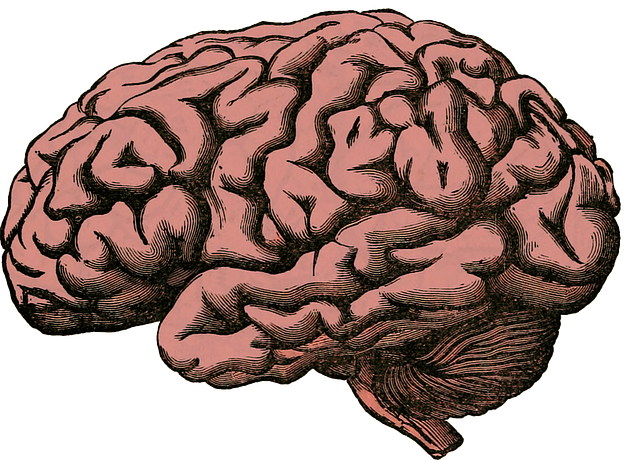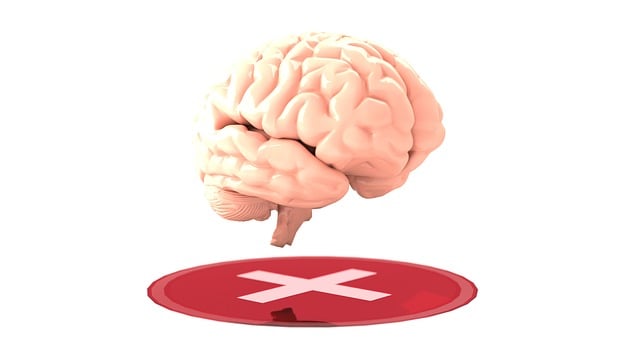Understanding mental health data through self-reported surveys, clinical assessments, and medical records is crucial for effective therapy, like Golden Self-Esteem Therapy (GSET). GSET uses advanced data analysis to uncover hidden patterns in patient narratives, enabling culturally sensitive care. By identifying unique strengths and weaknesses specific to each client, therapists can employ tailored interventions, such as positive affirmations or mindfulness meditation. Ethical practices are paramount in GSET, ensuring confidentiality, minimizing data collection, and promoting inclusivity in community outreach programs based on the analysis.
Mental health data analysis is a powerful tool for understanding and improving well-being. This article explores the intricate process, from Understanding Mental Health Data: Collection and Preparation, to revealing the potential of Golden Self-Esteem Therapy through data-driven insights. We delve into interpreting results for personalized treatment plans, while addressing crucial ethical considerations. By harnessing the power of analysis, we can navigate complex mental health landscapes, offering tailored support and transformative outcomes.
- Understanding Mental Health Data: Collection and Preparation
- Golden Self-Esteem Therapy: Unlocking the Potential of Data
- Interpreting Results: Insights for Personalized Treatment
- Ethical Considerations in Mental Health Data Analysis
Understanding Mental Health Data: Collection and Preparation

Understanding Mental Health Data is a pivotal first step in any analysis journey. It begins with meticulous data collection, ensuring all relevant factors are considered. This includes self-reported surveys, clinical assessments, and medical records, offering a comprehensive view of individuals’ mental health states. The preparation phase involves cleaning and organizing this raw data, addressing inconsistencies, and identifying potential biases to guarantee its integrity and accuracy.
For instance, implementing Golden Self-Esteem Therapy requires understanding the underlying data trends related to self-care routine development for better mental health. Self-awareness exercises can reveal insights into burnout prevention strategies for healthcare providers, allowing for tailored interventions and personalized support. Proper preparation ensures that interpretations are reliable, facilitating effective decision-making in mental health management.
Golden Self-Esteem Therapy: Unlocking the Potential of Data

Golden Self-Esteem Therapy represents a powerful approach to mental health data analysis, focusing on the intricate relationship between individual perceptions and overall mental wellness. By employing sophisticated techniques, this therapy aims to unlock the potential hidden within vast datasets, offering insights into the complex nature of self-esteem and its impact on diverse populations. The process involves meticulously examining trends and patterns in patient narratives, allowing therapists to identify cultural influences and tailor treatment strategies accordingly.
This data-driven methodology not only enhances accuracy but also fosters a more culturally sensitive mental healthcare practice. By understanding the nuances of different backgrounds and experiences, therapists can implement empathy-building strategies that resonate with each client. Golden Self-Esteem Therapy exemplifies how technological advancements in data analysis can be leveraged to improve patient outcomes, ensuring personalized care that addresses the unique needs of every individual.
Interpreting Results: Insights for Personalized Treatment

When analyzing mental health data, one of the most rewarding outcomes is gaining insights that can inform personalized treatment plans. By interpreting results from various assessments and interventions, therapists can uncover unique patterns and strengths specific to each client. This tailored approach allows for more effective communication strategies and the integration of evidence-based practices like mindfulness meditation. For instance, a client’s high self-esteem levels, as measured through validated scales, could indicate a strong foundation for coping with anxiety, guiding therapists to emphasize positive affirmations and self-care techniques.
Similarly, emotional well-being promotion techniques can be adapted based on data trends. If a client consistently demonstrates resilience in the face of stress, therapists might explore challenging situations as opportunities for growth, fostering even greater emotional strength. This nuanced understanding of an individual’s mental health landscape paves the way for Golden Self-Esteem Therapy, where treatments are designed to elevate and sustain positive self-perception, ultimately enhancing overall well-being.
Ethical Considerations in Mental Health Data Analysis

In the realm of mental health data analysis, ethical considerations are paramount to ensure the golden self-esteem therapy that is both effective and responsible. As researchers delve into complex datasets, they must navigate sensitive information, maintaining strict confidentiality and anonymity to protect individuals’ privacy. This involves implementing robust data security measures, obtaining informed consent, and ensuring data minimization, where only relevant variables are collected for specific research purposes.
The ethical landscape becomes even more intricate when considering the potential impact of findings. For instance, crisis intervention guidance derived from data analysis should not stigmatize vulnerable populations or perpetuate existing biases. Moreover, promoting self-awareness exercises through data insights must be done with cultural sensitivity and without causing psychological harm. Community outreach program implementation based on these analyses should foster inclusivity and equity, ensuring that resources reach those most in need.
Mental health data analysis is a powerful tool that, when combined with ethical considerations and advanced therapies like Golden Self-Esteem Therapy, can significantly enhance patient outcomes. By understanding data collection, preparing it effectively, interpreting results, and navigating ethical boundaries, mental health professionals can unlock valuable insights for personalized treatment plans. This approach not only improves individual well-being but also contributes to a more comprehensive understanding of mental health landscapes.











